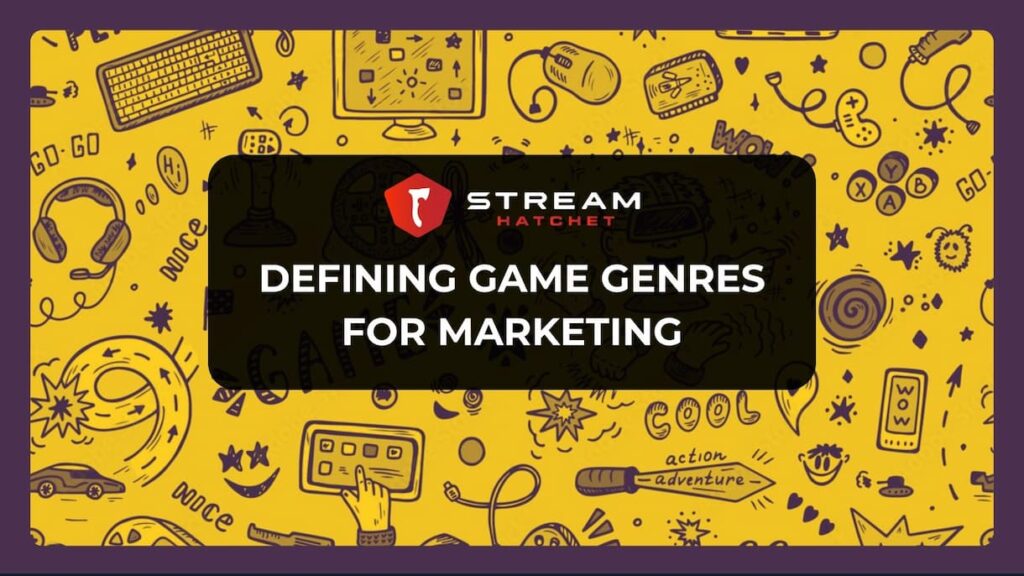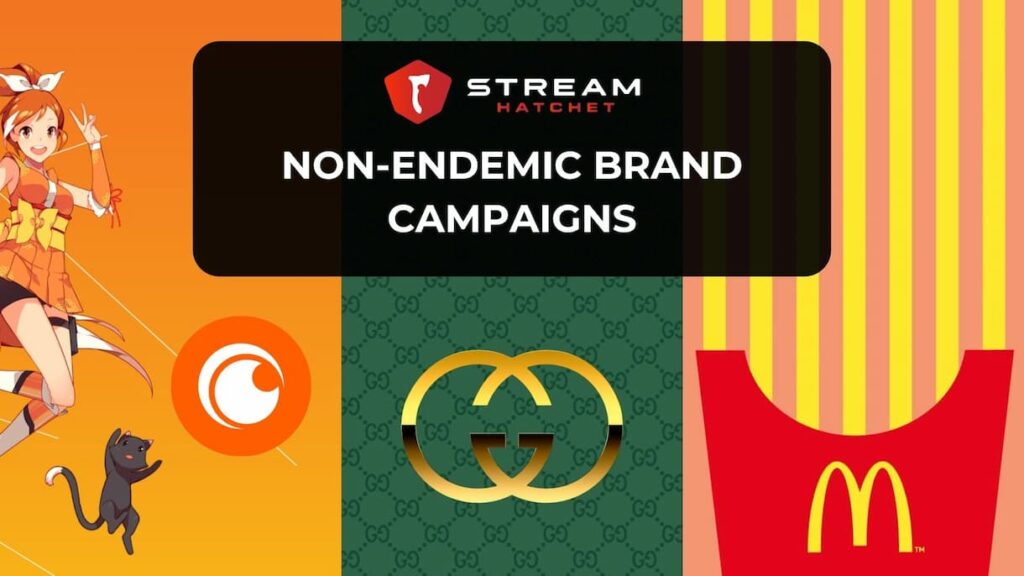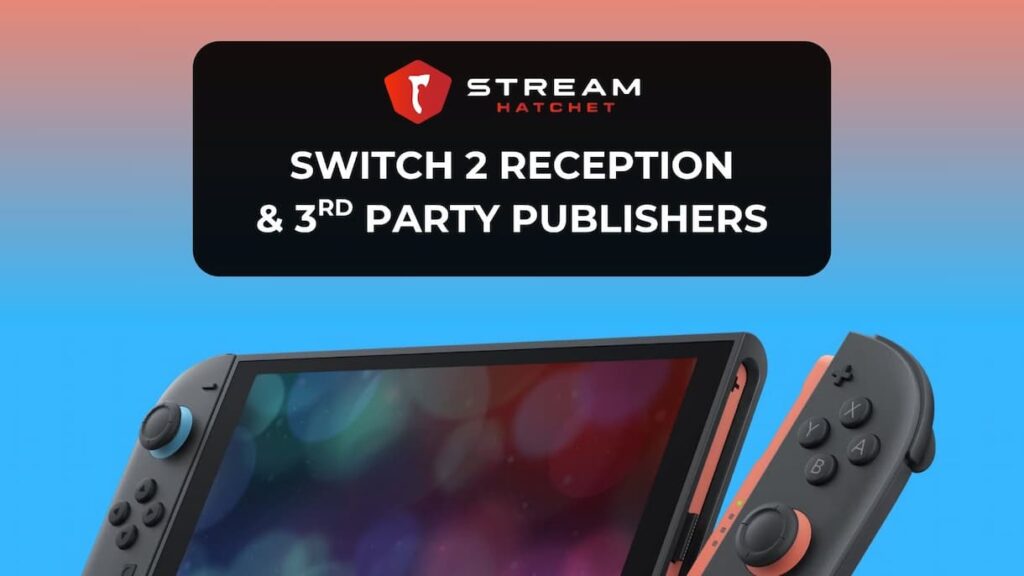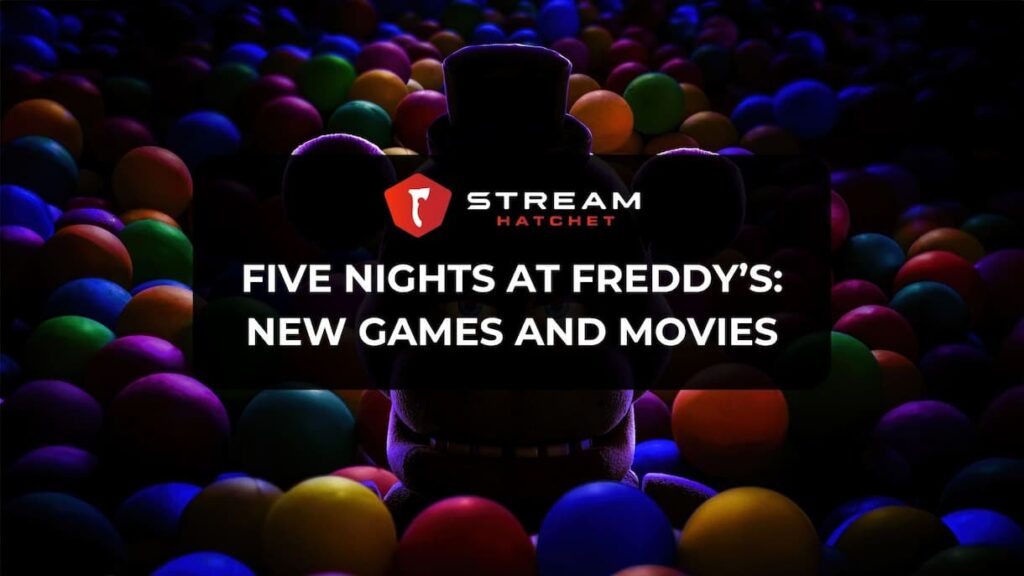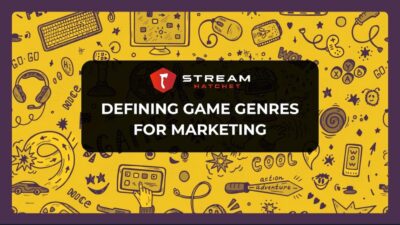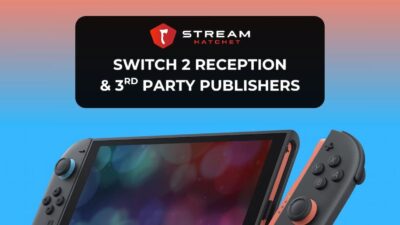As a business, you’re constantly on the lookout for actively engaged customers who share your values. Instead of throwing out promotional material into the void and hoping someone will bite, why not tap into communities that already exist by sponsoring a live-streaming event?
Event organizers are creating organic ways to get your brand in front of interested viewers. Whether you have a game, product, or service that you feel meshes well with the audience of their event, helping out organizers with a sponsorship can be a win-win situation. In the world of live streaming, gaming reigns supreme. If you can find an overlap between your brand and gamers, you stand the best chance of success.
In this article, we’re looking at how to find the right event for your brand and how to make sure you get the most out of your sponsorship.
Five Key Steps When Promoting Your Brand Through Live-Streaming Events:
- Know Your Audience and Objectives
- Research Potential Events
- Decide on Your Sponsorship Type
- Read Your Contract with a Marketing Eye
- Promote the Event Independently
One of the most powerful tools at your disposal is information: Access Stream Hatchet’s in-depth repository of streaming data to see chat mentions on Twitch and current trends among popular esports events.
Know Your Audience and Objectives
Prior to starting out, you’ll no doubt already know what the audience for your product looks like. If you can trust that the event’s audience aligns with yours, then you’ll know you have a shared interest moving forward. Therefore, the first step to any successful sponsorship is clearly outlining the gender, age, location, hobbies, lifestyle, and spending habits of your customers.
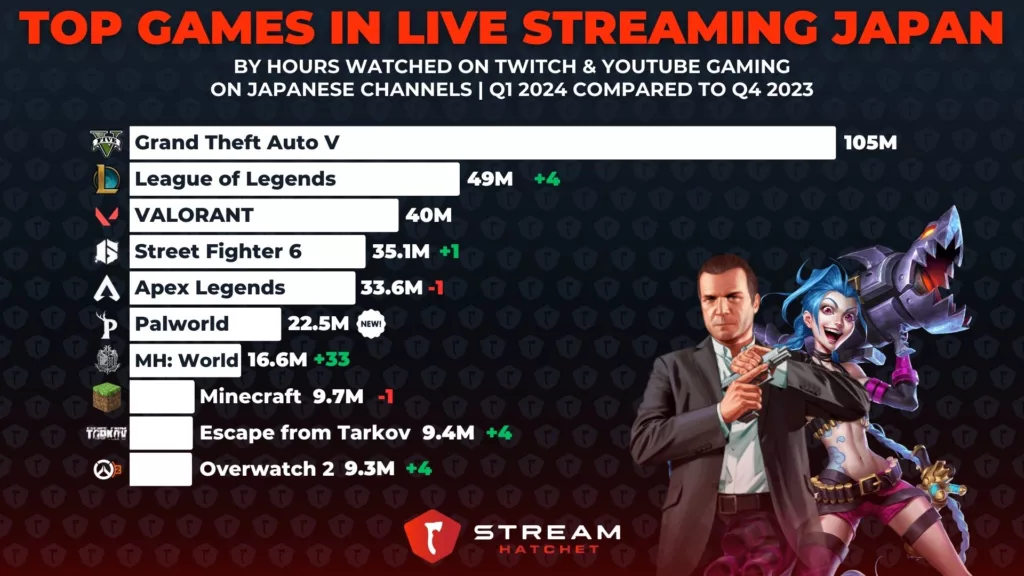
Once you’ve got your audience figured out, you’ll want to outline precisely what it is you’re hoping to get out of a sponsorship. That means laying out clear goals and objectives. Sometimes it’s as simple as driving sales by increasing customers, or perhaps you run a service and you want to bump up your qualified leads. In these cases, you’ll want to target events with audiences who are already in the market for what your company provides. If you create custom gaming gear, for example, then hardcore esports is the way to go.
Sometimes your sponsorship will be more about redefining your image than moving your product. Perhaps you’re an energy drink brand looking to move into the gamer space, or you’re a chat service that wants gamers to switch to your platform. In these cases, you’ll still want sales, but what’s more important is aligning your brand with the community. If you’re a philanthropic organization or a business with a positive message, finding an event that shares your values (and isn’t controversial) is even more important than reaching consumers.
Research Potential Events
This next step naturally follows from the last one: Do your research! Now that you know what you want, scour the internet for events whose audience and values align with yours. The best way to find out about events is by visiting sites that your potential customers would be using. Try live-streaming platforms like Twitch, forums like Reddit, news sites like Kotaku, or blogs like Stream Hatchet. Get involved in the community and you’re sure to hear about the hype for new and returning events.
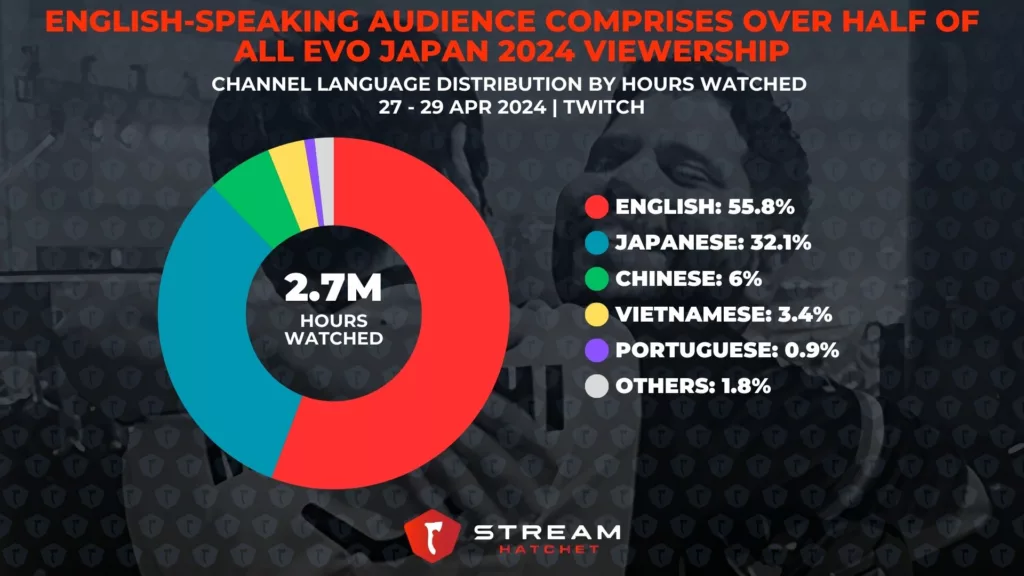
Past events are a safer bet as they have an in-built audience with previously tracked performance data. In these cases, you’ll need to be careful that the scale of the event matches the scale of your business by making sure that you can provide something that this event doesn’t have. For example, the VALORANT Champions Tour (VCT) Regionals are commonly sponsored by gaming chair manufacturer Secretlab – if you also make gaming chairs, there’s most likely no point reaching out due to their pre-established relationship.
Try chatting to a Stream Hatchet analyst to find out what events are the best fit for your brand, including audience data and past performance.
If you’re a bigger brand, you may find events reaching out to you instead. Of course, you’ll want to vet the event to find out what they’re looking for in a partnership. Who specifically is organizing the event? Have they hosted this event or another event in the past, and if so how did that event perform? Do they have any particular political views or negative press that your brand is going to become associated with? This last point is crucial: Once you’ve sponsored an event, your brand will be inextricably tied to their image – just like Nike’s partnership with Lance Armstrong.
Decide on Your Sponsorship Type
Now that you’ve got a list of potential events you’d like to sponsor (and hopefully they’re interested in working with you!), you’ll need to figure out what you’d like to offer. There are many different types of benefits you can supply to an event.
Financial sponsorships are the most straightforward: You give the event funding, and they give you exposure. Events are expensive endeavors: Venues, technology, marketing, and overheads for the event days themselves can quickly push organizers’ budgets to their limits. Particularly for smaller, indie events, cash is always appreciated.
In-kind sponsorships are always welcome as well. Events are in need of various resources from supplies to food and drink to services. Esports events, for example, require headsets, PCs, and communication software just for the players themselves, let alone the fans attending the event. If you’re opting for an in-kind sponsorship, then put your best foot forward by making sure to use up-to-date equipment and having technicians on standby in case of any hiccups – the last thing you want is for your product to falter in front of a live audience.
Reputational sponsorships are best offered when your brand is already established. In this case, you’re actually helping out the event by associating your branding with them. This is best used for smaller events that are trying to prove themselves in the live-streaming space. The AT&T Annihilator Cup is a fantastic example, where the well-established telecommunications brand gets to reach a younger audience whilst the organizers validate their event with a reputable company.
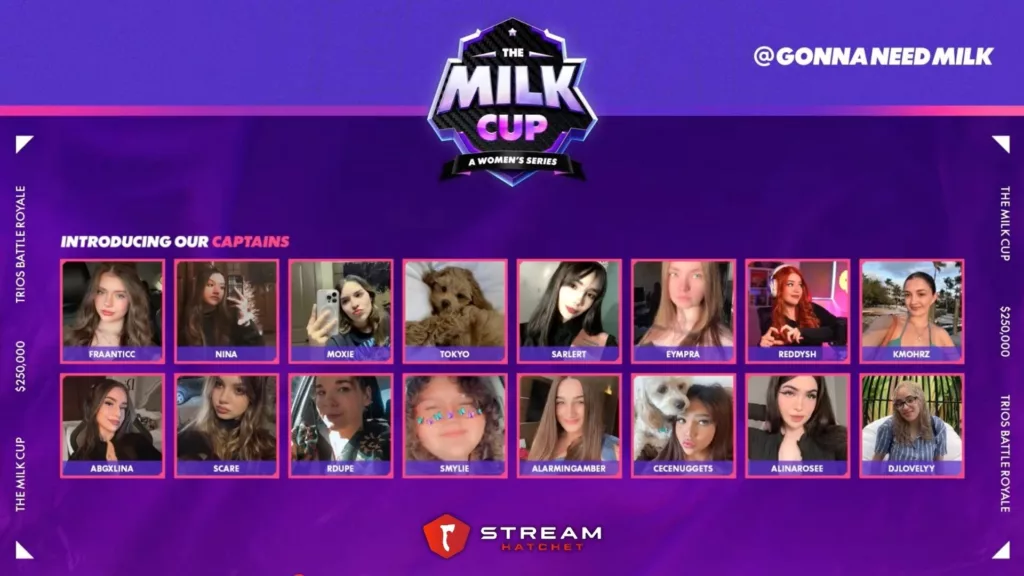
Promotional sponsorships are best when your objective is to reaffirm your image or support a cause that aligns with your values. Part of this will no doubt involve contributing one of the other three benefits mentioned in the previous kinds of sponsorships, whether that be financial, in-kind, or reputational. But crucially here, your partnership requires both parties to follow strict guidelines on the presentation and values of the event. When GonnaNeedMilk organized The Milk Cup, they believed strongly enough in empowering women in esports to put their name into the tournament’s title and work with Raidiant to bring this vision to life.
Which sponsorship type you choose will depend mostly on what product you’re offering, but it may also depend on the event’s needs. While organizers may push you towards one type of sponsorship deal or another, stay true to your objectives and turn down the offer if the event can’t provide what you need.
Read Your Contract with a Marketing Eye
As you’re getting close to finalizing a deal, now is the time to be more picky than ever. You’ve presumably ensured you’re meeting your objective with the event, so you need to execute on these plans by checking every detail.
Most importantly, where will your branding be displayed? If you’re providing equipment that’s going to be on camera such as headsets, then your branding will already be in view of the audience. But maybe you’re sponsoring a convention in which your branding needs to be visible to foot traffic as they enter the exhibition center and weave between stalls. In this case, check the dimensions and locations of any stands, flyers, billboards, and so on. Double-check what kind of logo will go where and how large your logo will be compared to competitors. Are you the headlining sponsor, or more in the background, and does that fairly match the level of support you’re providing?
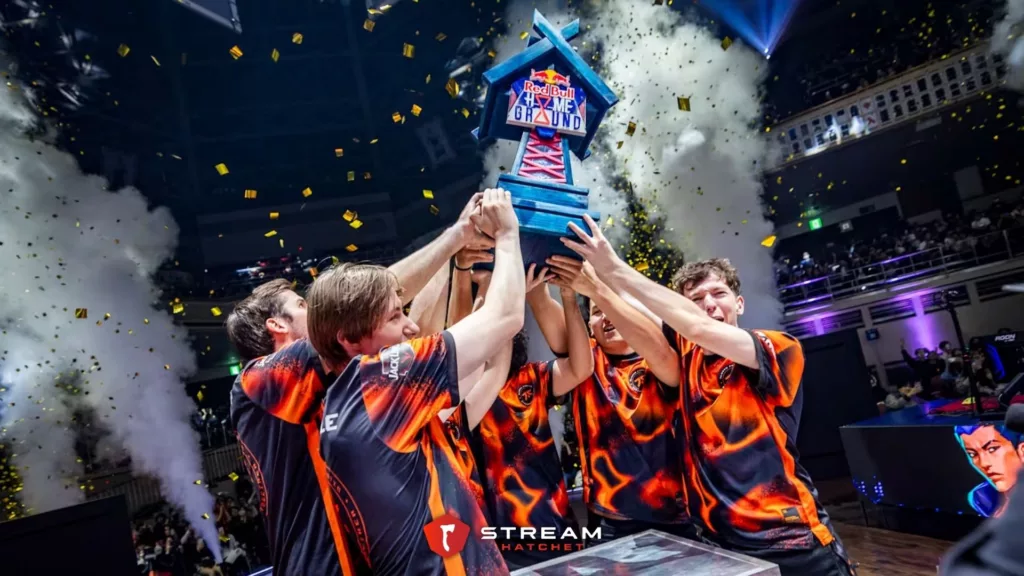
Try and get creative with your logo placement to make sure your brand is prominently displayed. Conventions have a plethora of opportunities to promote your brand besides simple signage. If there’s a goodie bag for attendees then make sure to get your merch included. Alternatively, you might attribute your name to one of the exhibitions that entrants can participate in, such as an interactive experience or a mini-game for prizes. Esports are harder, but still possible: The Red Bull Home Ground VALORANT tournament features a custom-designed trophy with the Red Bull logo on it.
Leave no stone unturned with the contract as other sponsors will quickly pounce on any opportunities you’ve missed and organizers may not prioritize your best interests as they make the mad dash to put their event together.
Stream Hatchet can provide expert event performance tracking to see if your sponsorship paid off, and help to improve your strategy for the next event:
Promote the Event Independently
Typically, an event organizer will take care of promoting their event and ensuring that your branding is on any marketing communications with their audience. While you should of course optimize this, it’s worth also investing some of your resources into promoting the event. You’ve gone to all the effort of sponsoring an event you’re proud of, so why not show it off?
Distribute news of the event to any pre-existing marketing channels. Add it to your website, post it on social media, and let your contacts know about the event as well. For investors, it might help to hear specifics of what you’re doing for the event, why you’re sponsoring it, and what you hope to achieve through the sponsorship. A press release is a great way to reach as much of your audience as possible in one fell swoop.
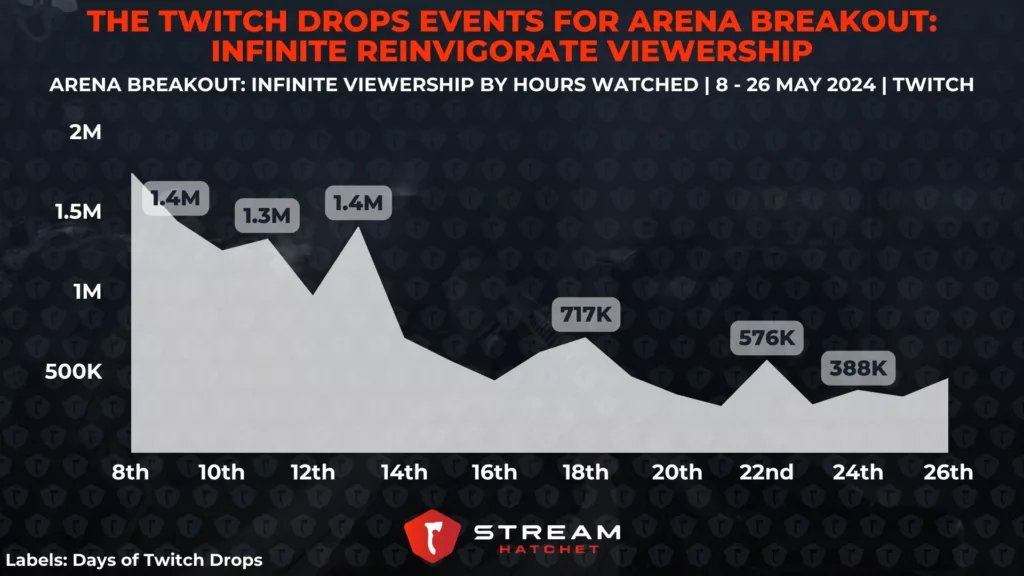
You can also get more creative by looking to other avenues to build up hype and gather your community together prior to the event. Let’s say you’re a game publisher who sponsored an event in which your game will be featured. Reach out to that community by launching something like a Twitch Drops campaign in the week preceding the event. You might even try giving away free tickets to the event for certain fans that tune in (with the organizer’s permission, of course), or perhaps partnering with a streamer to act as a brand ambassador at the event. Think big and make sure your audience knows the part you played in making this event a reality.
When sponsoring an event, remember to stay true to your objectives and find an event whose values align with your own. While you can’t guarantee a successful event, a professionally handled sponsorship instills faith in the event organizers and their staff which can lead to beneficial relationships down the road.
Stream Hatchet provides the data needed to navigate the live-streaming event landscape:
- Analyze the audience of events you’re potentially looking to partner with
- Gain insights into the viewership data for games featuring in esports tournaments to learn how they align with your consumer base
- Explore the effectiveness of your social media campaigns to better understand what marketing strategies are reaching your audience
- Track the performance of sponsored esports events and understand the role of your sponsorship
To get the edge in the streaming arena, sign up to Stream Hatchet now and a sales representative will be in touch to design your personalized demo:


